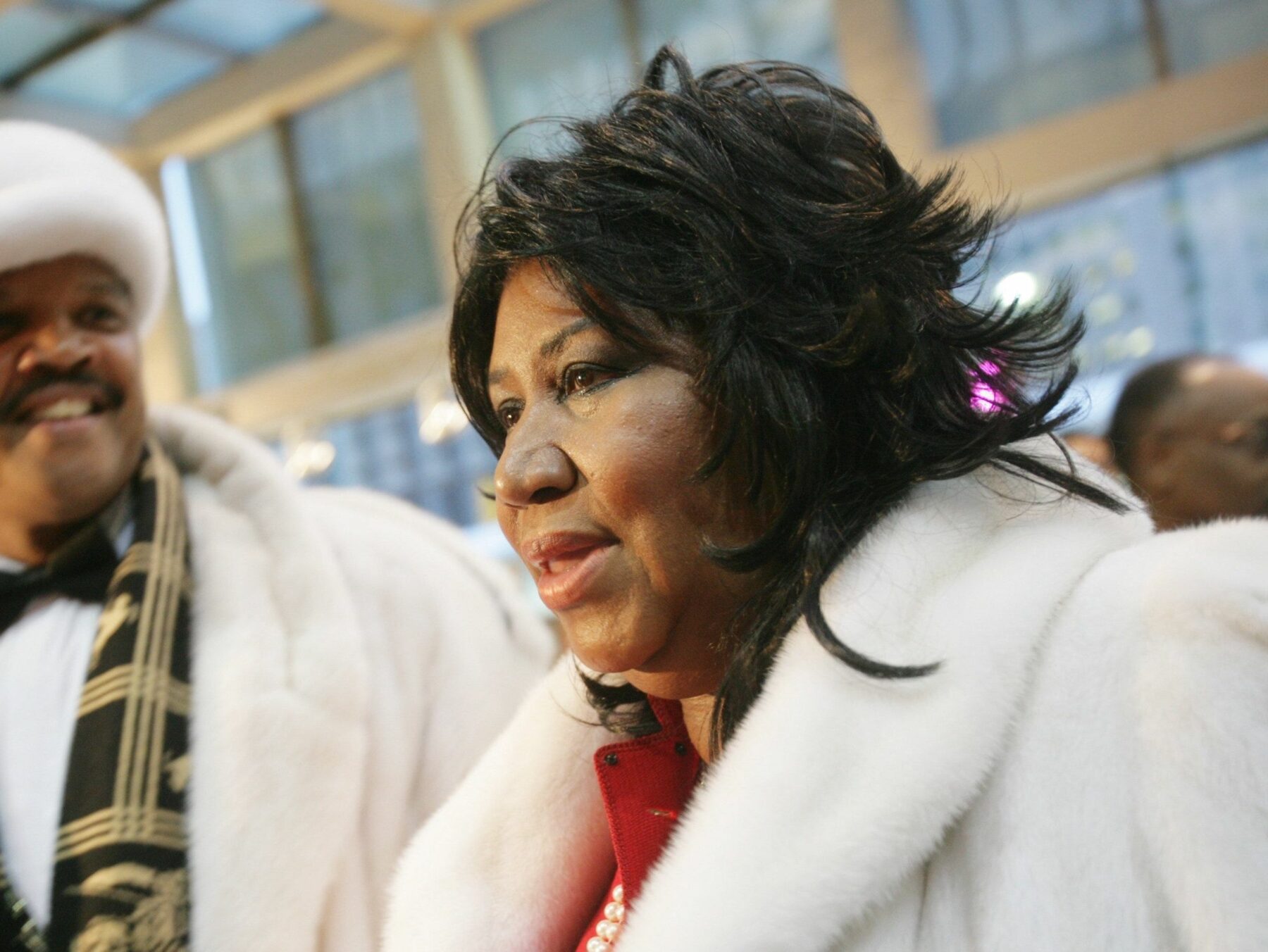Aretha Franklin’s ‘Couch’ Will Is Valid
Five years after her death, the matter of Aretha Franklin’s will is finally settled. The Queen of Soul died August 16, 2018, and did not leave behind a formal will. A handwritten document outlining her final wishes was found stuffed in her couch cushions. That document sparked a four-year legal dispute that has turned her sons against each other.
Franklin was a global superstar, named the greatest singer of all time by Rolling Stone. She was known for songs like “Respect,” “I Say a Little Prayer,” and “Chain of Fools.”
The handwritten document was found about a year after her death. The document was dated 2014 and contained scribbles and hard-to-read passages. Two of Franklin’s sons, Kecalf Franklin and Edward Franklin, argued that the handwritten document should override a will dated 2010 that was found in a locked cabinet in Franklin’s home.
Kecalf and Edward made this claim against the wishes of another brother, Ted White II, who favored the 2010 will. White’s attorney argued the 2010 will, which was found under lock and key, was more important than papers found in a couch. The two brothers said the fact that the 2014 papers were found in a couch didn’t make them less significant.
The jury deliberated less than an hour after a brief trial. The jury found that the 2014 version was signed by Aretha Franklin, who put a smiley face in the letter ‘A,’ and should stand as the most recent expression of her final wishes.
There are differences between the 2010 and 2014 versions. Both indicate Franklin’s four sons would share income from music and copyrights. In the 2014 will, Kecalf Franklin was given his mother’s main home, valued at $1.1 million when she died. The 2010 will stipulated that Kecalf and Edward “must take business classes and get a certificate or a degree” in order to benefit from the estate. That provision is not in the 2014 version.
The fourth son mentioned in the documents is Clarence Franklin, who lives under guardianship in an assisted living center and did not participate in the legal proceedings.



